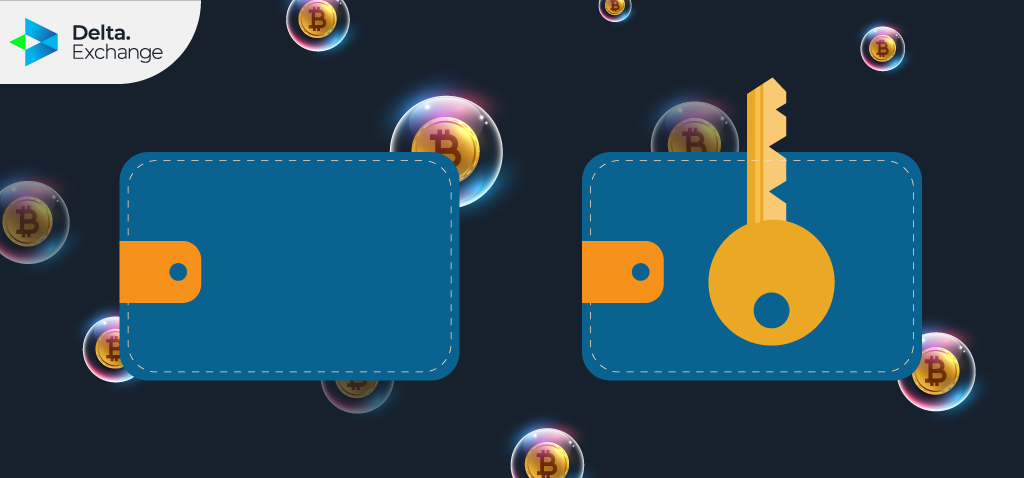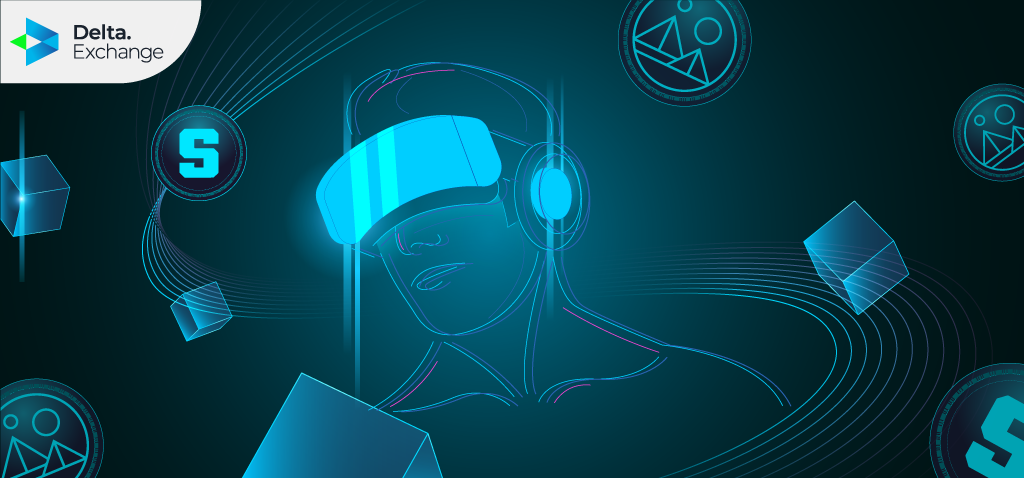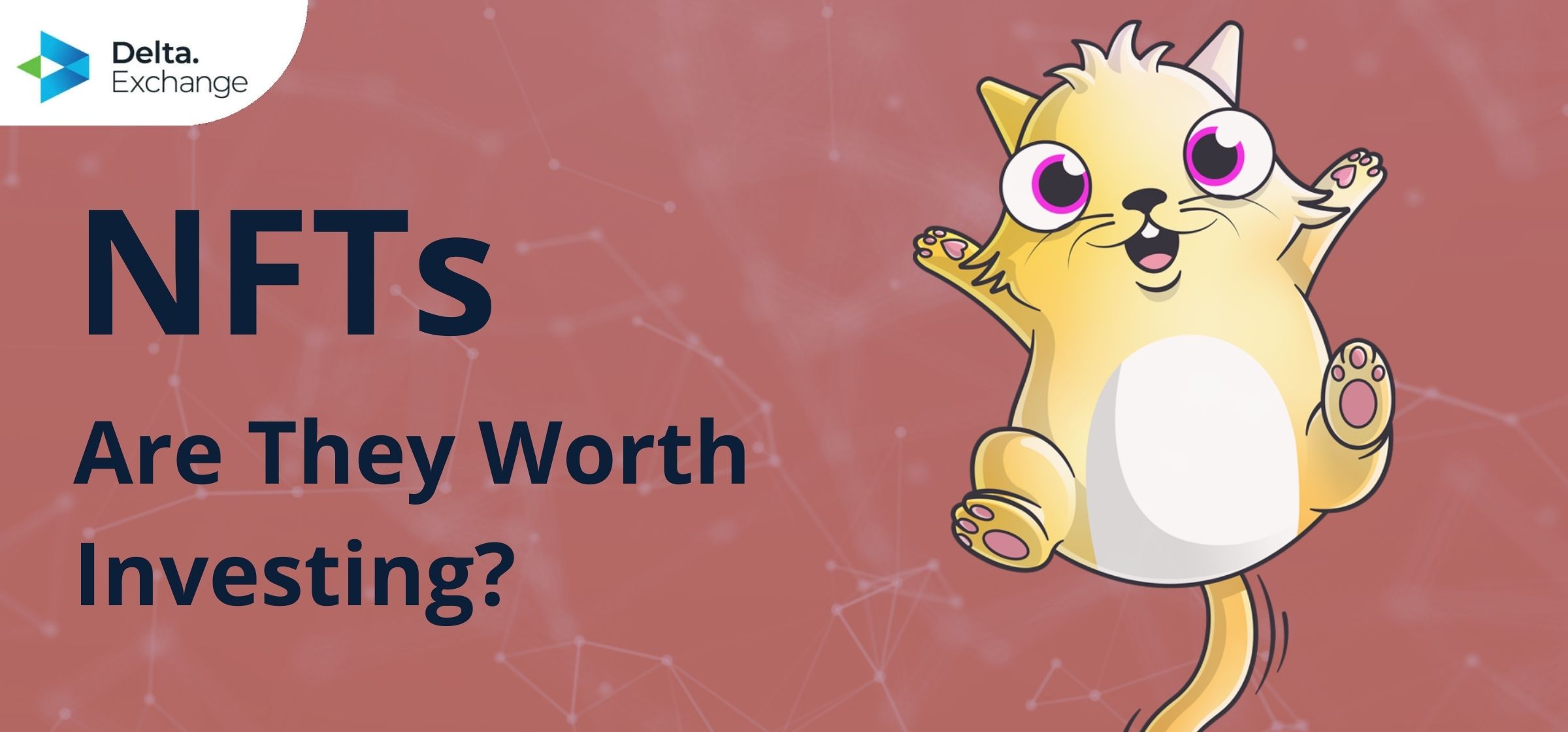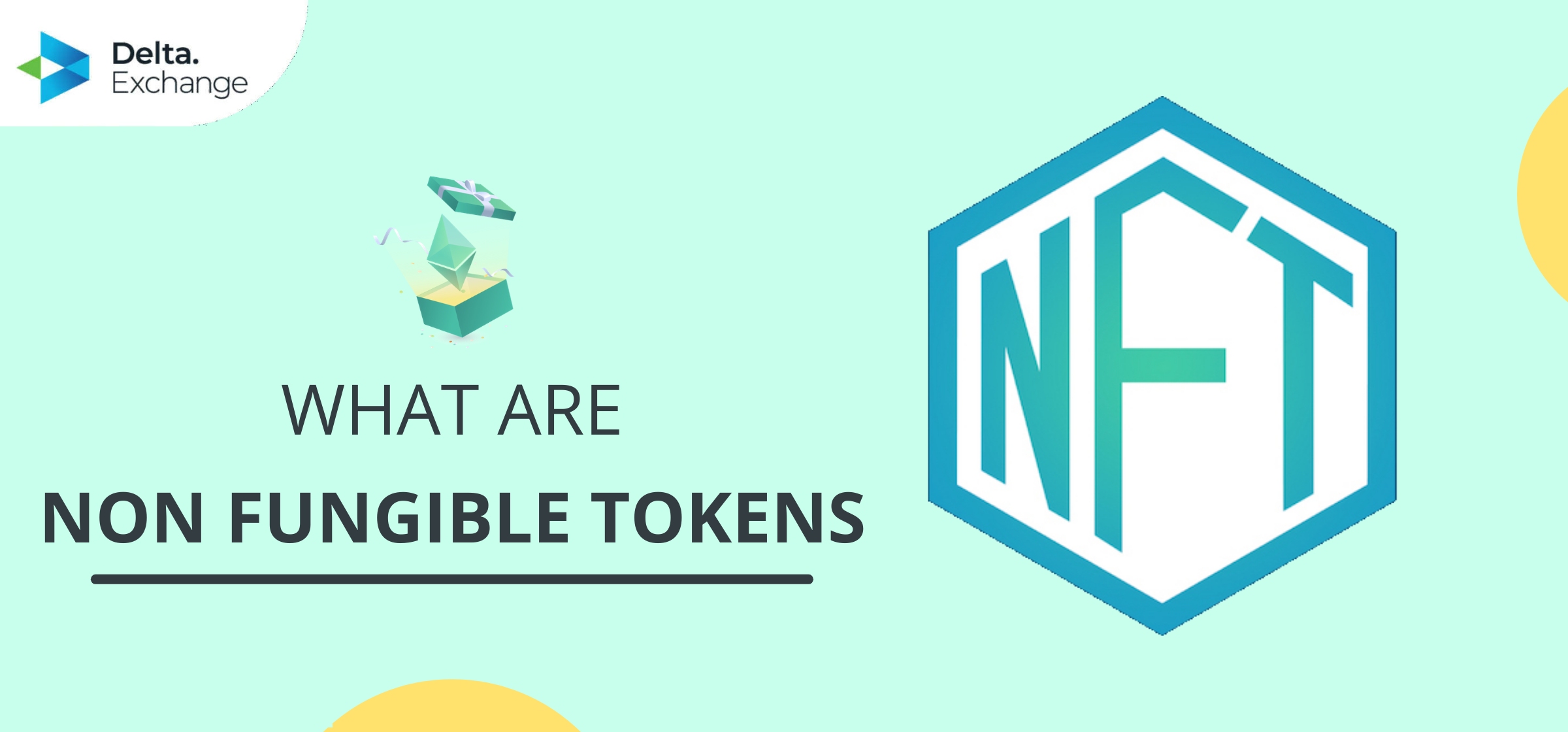Educational
October 26, 2021
Custodial vs. Non-Custodial NFTs: What’s the Difference?
Shubham GoyalProduct Specialist
As the world is discovering the varied functionalities and tokenization- both in the digital and physical world, the demand for non-fungible tokens (NFTs) is soaring across blockchain and DeFi ecosystems. The NFT sales volumes have already crossed $2.5 billion in the first half of the year, confirms a report from Reuters.
We are witnessing NFT use cases in digitizing art, promoting fan engagement in sports, monetizing video games, and denoting new paradigms of digital ownership like never before. The pandora’s box holds unforeseen delights for our perusal. All of us, at some point of time this year, would have come across the term NFT. While many would have even been eager to know more about them or start dealing in them, or even mint our original NFT.
Currently there is so much information around the subject of NFTs, but none of them talks about who holds the actual custody over an NFT once it is minted or sold? It is even possible that you don’t have as much control over your NFT as you think it to be. This article talks to you about the two kinds of NFTs based on their custody and which is more suitable. But before that, let’s discuss a few simple concepts that give you some foundational knowledge before we talk business.
Owning an NFT
NFTs can be created on a blockchain or bought via NFT exchanges. However, to own an NFT, the first step would be to obtain a digital wallet.
To create your own NFT, you can use any blockchain platform that provides NFT minting services. This minting process necessitates uploading your valuable asset as a digital file in the form of a picture, gif, video, or audio file first. The next step requires you to pay a fee to mint cryptocurrencies to represent your valuable asset.
Crypto Wallet
A crypto wallet is a necessary tool required for storing cryptocurrencies and interacting blockchains. You’ll need a wallet if you want to make transactions or use decentralized applications (DApps). A wallet has two main components: a public key and a private key.
Your wallet’s public key is used for generating addresses to which you or others can send cryptocurrency. Your private key is used to sign transactions and give you access to your funds. It should be treated as a confidential password and shouldn’t be shared with anyone. The keys can be printed on paper, accessed through desktop wallet software, or stored in hardware wallets.
Crypto wallets aren’t just for storing cryptocurrencies. You can also store NFTs in your wallet, depending on which one you have. You’ve probably sent or received digital assets like Bitcoin (BTC), Ether (ETH), or stablecoins using a crypto wallet. However, some crypto wallets, such as those built on ERC-721 standard, ERC-1155 standard, can store and transfer NFTs.
If you have looked into wallets and cryptocurrencies before, you may be familiar with this concept. Keeping custody of your NFT or allowing someone else to do so- both are viable options. It all depends on what you want and how much responsibility you want to take regarding the custody and control over your NFTs. When choosing a wallet and using platforms to trade or create NFTs, you’ll frequently come across as custodial and non-custodial NFTs.
Custodial Crypto Wallet
While using a custodial crypto wallet, you don’t have complete control over your private keys. Your assets will be stored for you by a third party. This third party could be an NFT marketplace, an exchange, or a custodial wallet provider. You won’t be able to access your private key on your own, but that’s not necessarily a bad thing. It completely depends on your needs.
Because of the decentralization of blockchain technology, losing your private key can result in a permanent loss of access to your wallet. You can delegate responsibility for your private key by appointing a custodian. Even if you forget your exchange password, customer support will most likely be able to help you regain access to your account.
However, keep in mind that a third party is in charge of your funds in this case. Your cryptocurrency is only as safe as the custodian keeps it. That is why it is critical to select a trustworthy exchange or service provider.
Pros and Cons
A custodial service provides a simple way for newcomers to connect with NFT buyers and sellers. There’s no need to be concerned about misplacing your key, which relieves highly experienced users. The user interfaces are generally friendly, and the entire process is more forgiving of mistakes. If a problem arises, the platform should be able to assist.
However, for many crypto enthusiasts who value decentralization, not having direct control over their assets is a significant disadvantage. Some custodial NFT services that require your name, address, and ID also require KYC checks. Your data is always at risk of being stolen or breached once it is stored. It’s also not uncommon for custodial services to be hacked.
Non-custodial Crypto Wallet
A non-custodial crypto wallet is one in which the private keys are held and controlled by the wallet’s owner only. Non-custodial wallets are the best option for users who want more control over their funds. Decentralized platforms and DApps offer Non-custodial wallets.
However, as previously stated, the wallet owner bears the responsibility for keeping the key secure. The wallet and its funds will be lost forever if they lose the keys and forget their backup seed phrase. Non-custodial wallets are available in the form of apps, executables, and browser extensions. Trust Wallet and MetaMask are two popular examples of non-custodial wallets.
Pros and Cons
Non-custodial NFT platforms give you a lot more control over your money during the transaction. Trading NFTs directly from your wallet eliminates the need for an intermediary, resulting in lower fees and greater privacy. These factors, however, are more reliant on the network you’re using. There is no need for KYC checks if you value your privacy and want to trade anonymously. You only need a wallet to get started.
Non-custodial control has a few disadvantages. Non-custodial options can be less user-friendly and convenient than custodial options for new users who aren’t familiar with wallets. Non-custodial wallets also have lower liquidity and volume than custodial (centralized) ones. Except for Uniswap, a known player, the NFT industry is still in its nascence, and liquidity is a function of user base and trading volume. However, it is expected that non-custodial platforms will overtake their custodial counterparts, given the rising popularity of DeFi, DApps, and NFTs.
Which wallets are compatible with NFTs?
To store your crypto art or other NFTs, you can use both custodial and non-custodial wallets. Make sure, however, that the wallet you’re using can handle the type of NFT you want to keep. NFTs can exist on different blockchains, and even within a single blockchain, different token standards can exist. Each standard has its own set of characteristics and rules that govern the creation and use of tokens.
If you want to store an NFT in a custodial or non-custodial wallet, make sure you check the token standard first. Next, make sure that your wallet is compatible with your digital art’s blockchain and token standard.
The high security provided by blockchain technology is critical to the NFT ecosystem. As a result, non-custodial wallets and marketplaces are becoming more popular among cryptocurrency investors. NFT marketplaces grow, further paving the road ahead for a safer decentralized digital space.
FuturesTrade Futures & Perpetual Swaps on 25+ crypto assets, with up to 100x leverage
OptionsTrade call, put or MOVE options on BTC, ETH, BNB and LINK
Interest Rate SwapsInterest rate derivatives that enable swap of fixed-floating rates
Mock Trading PlatformLearn Crypto Derivatives trading without risking real capital
Research & AnalyticsExclusive data, charts and analytics to help you trade smarter













